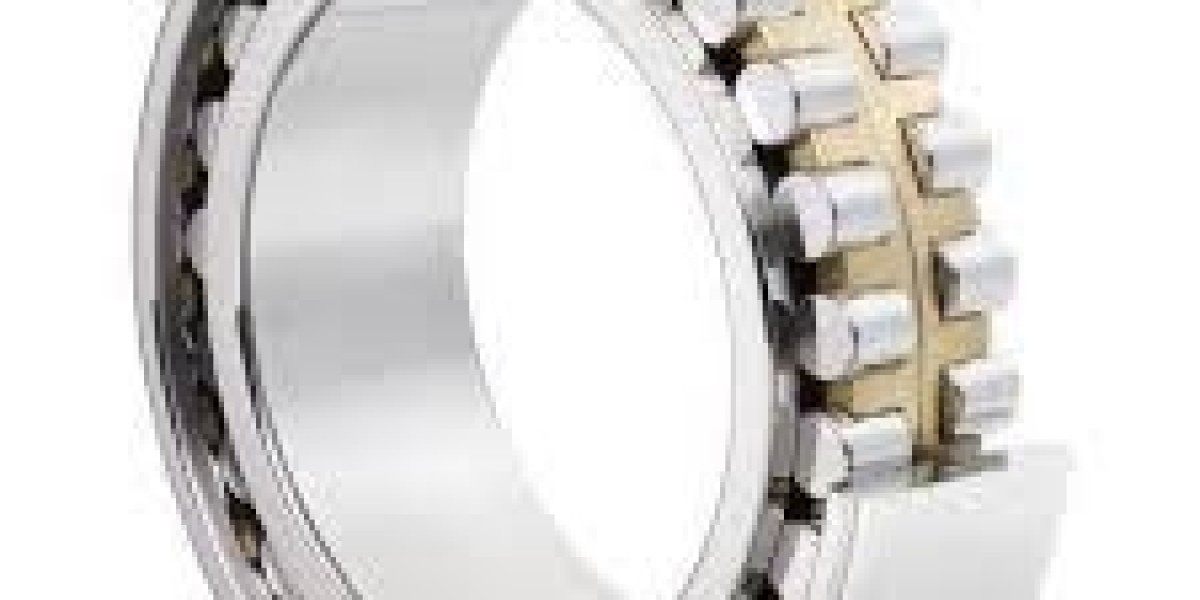Industrial and automotive machines rely heavily on bearings for smooth and stable motion. When a bearing starts failing, it quickly affects the entire system—causing vibration, noise, overheating, and eventually complete machinery shutdown. This is why choosing the right roller ball bearing is essential for keeping equipment reliable, efficient, and protected from expensive repair issues.
In this article, you’ll learn why these bearings matter, how they reduce downtime, and what makes a high-quality option the best investment for long-term machine performance.
Why Roller Ball Bearings Are Critical for Machine Stability
A roller ball bearing plays a vital role by reducing friction and providing smooth rotation under heavy loads. Whether used in conveyor systems, industrial motors, automotive components, or mechanical assemblies, the bearing ensures consistent performance even under high stress.
For dependable durability and precision engineering, explore high-quality roller ball bearing options designed to handle demanding environments.
How Roller Ball Bearings Improve Mechanical Performance
Reduced Friction and Wear
These bearings are engineered to lower friction, which prevents damage to surrounding components and increases operational efficiency.
High Load Capacity
They are ideal for machines exposed to heavy radial or axial loads, offering excellent support at both low and high speeds.
Smooth and Stable Rotation
Precision-machined rolling elements ensure consistent movement, reducing vibration and improving the overall performance of the machine.
Longer Service Life
Made from hardened steel and designed for durability, these bearings provide exceptional longevity even in harsh working conditions.
Common Problems Caused by Worn or Low-Quality Bearings
1. Excessive Vibration
Damaged bearings cause instability and shaking, which often leads to failure of nearby parts.
2. Overheating
Friction from worn bearings increases temperature, sometimes causing lubrication failure or thermal expansion.
3. Loud Noises
Grinding or screeching sounds indicate internal damage and usually mean immediate replacement is needed.
4. Costly Machinery Shutdowns
A failing bearing can halt entire production lines—and repairing the damage often costs significantly more than replacing the bearing early.
Industries That Depend on Roller Ball Bearings
These versatile bearings are used across sectors such as:
Automotive manufacturing
Industrial machinery
Electric motors
Agricultural equipment
Conveyor belt systems
Mechanical rollers and gear assemblies
Their ability to withstand pressure, maintain alignment, and operate efficiently makes them indispensable.
Benefits of Choosing High-Quality Roller Ball Bearings
Lower Maintenance Costs
Premium bearings last longer and reduce the frequency of replacements.
Improved Machine Efficiency
Smooth operation reduces energy consumption and boosts productivity.
Reliable Performance in Harsh Conditions
Whether exposed to heat, dust, moisture, or heavy loads, durable bearings perform consistently.
Reduced Downtime
High-quality roller ball bearing options help prevent surprise breakdowns that disrupt workflow.
How to Extend the Life of Your Bearings
Lubricate regularly with high-quality grease
Check for misalignment during installation
Avoid loading machinery beyond its recommended limit
Inspect bearings during routine maintenance
Replace worn seals to prevent contamination
Proper care ensures your bearings last longer and operate at peak performance.
Final Thoughts
A dependable roller ball bearing is one of the most important components for preventing machinery failure. By reducing friction, supporting heavy loads, and ensuring smooth movement, a high-quality bearing increases equipment lifespan and decreases repair costs. Investing in durable bearings is ultimately an investment in the stability and productivity of your entire operation.







